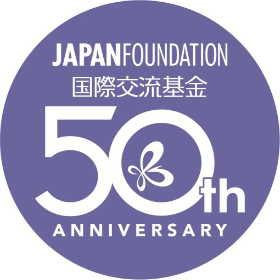Due to rapid postwar economic growth, Japan became an economic power. This increased its international role and there were voices both at home and abroad calling for a specialized institution that would introduce Japanese culture to the rest of the world, promote mutual international understanding and culturally contribute to the world. Against this backdrop, the Japan Foundation (JF) was established on October 2, 1972 as a special legal entity under the auspices of the Ministry of Foreign Affairs. Inheriting offices in five overseas cities from its predecessor organization, the Society for International Cultural Relations, JF has built its foundation while responding to changes in the international situation surrounding Japan, and has started projects that continue in the fields of arts and cultural exchange, Japanese language education overseas, and Japanese studies and international dialogue.
View timeline
The Sapporo Winter Olympic Games were held
The Okinawa Reversion Agreement came into effect
Joint Communique of the Government of Japan and the Government of the People’s Republic of China
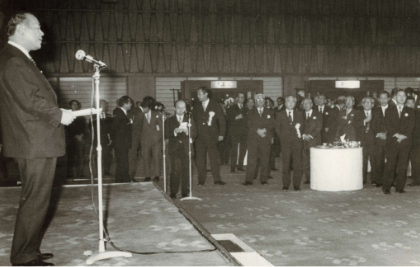
The Paris Peace Accords
Transition to a floating exchange rate system for the yen
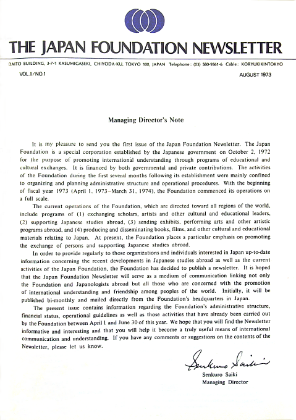
First oil crisis
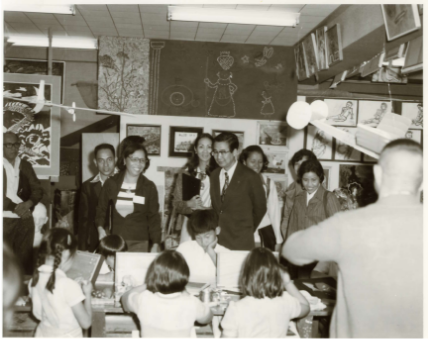
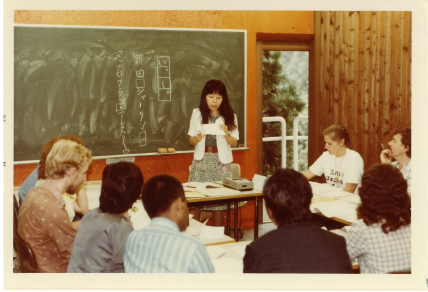
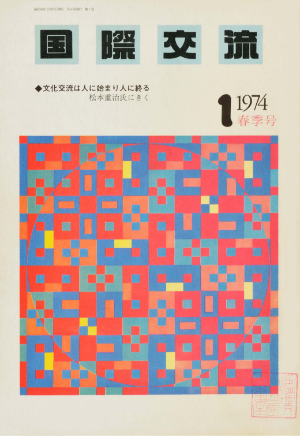
Prime Minister Tanaka visited Southeast Asia, and anti-Japanese demonstrations broke out in Jakarta, Bangkok, and other cities
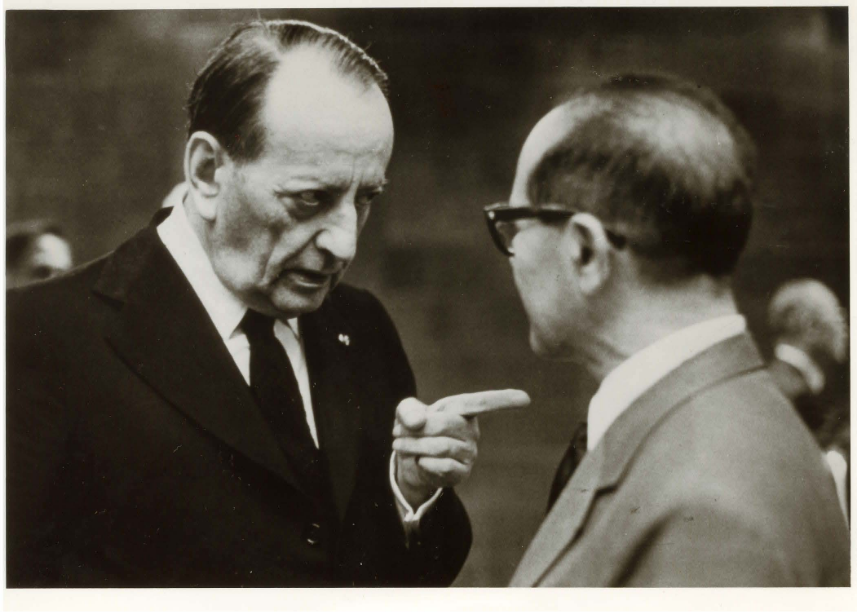
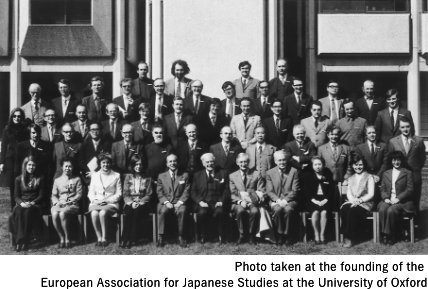
The International Ocean Expo was held in Okinawa
First G6 summit held
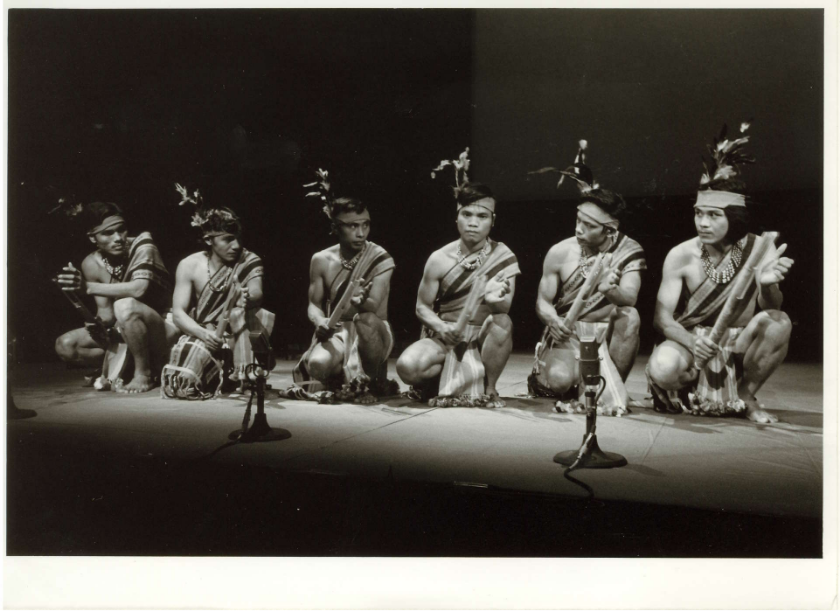
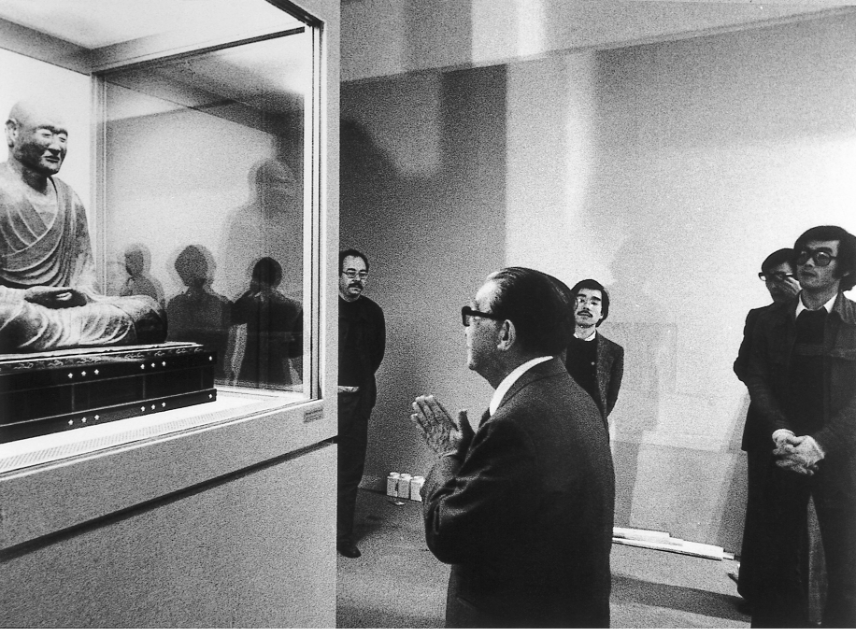
The Three Principles of Japan’s Southeast Asian Diplomacy (Fukuda Doctrine) were announced; funding of 5 billion yen for ASEAN cultural cooperation projects
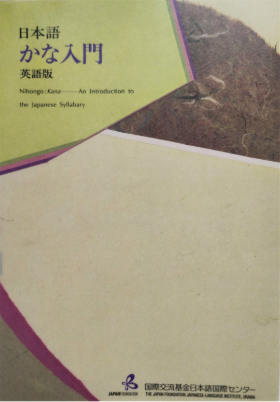
New Tokyo International Airport (Narita) opened
The Treaty of Peace and Friendship between Japan and the People’s Republic of China was signed
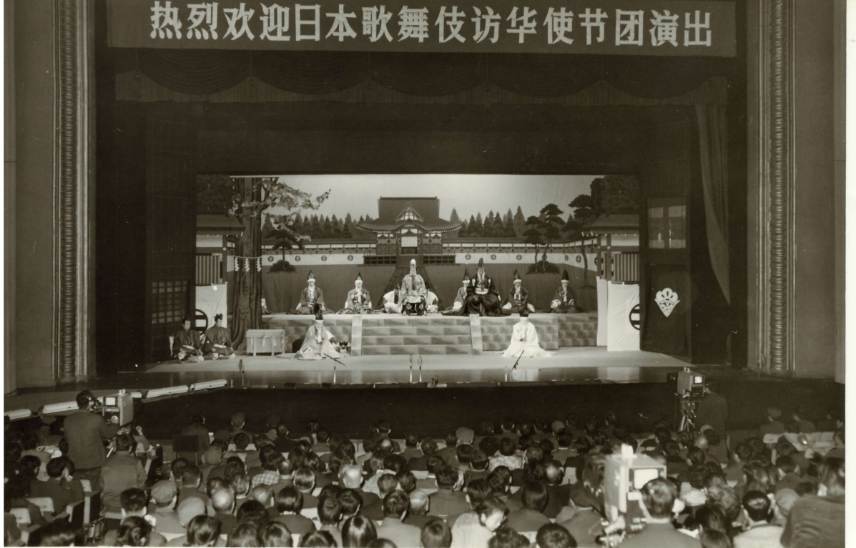
Second oil crisis
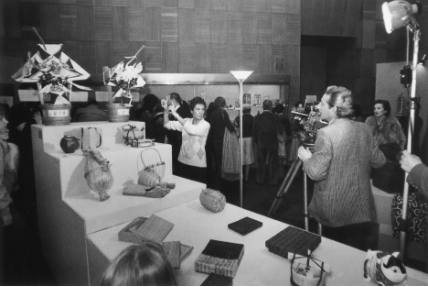
The Soviet Union invaded Afghanistan
As interest in Japan grew around the world along with the country’s economic growth, a major Japan festival was held in the United Kingdom in 1981-82. JF organized the successful “Great Japan Exhibition: Art of the Edo Period, 1600-1868” as a core project, attracting 520,000 visitors. Since then, JF has cooperated with art festivals and cultural institutions in various countries to strengthen the introduction of Japanese culture to other countries. Meanwhile, in 1982, six projects were conducted in Japan to commemorate the 10th anniversary of the establishment of JF, stepping up efforts to introduce other cultures to Japan. In 1980, following the conclusion of the Treaty of Peace and Friendship between Japan and China, the Japanese Language Training Center in China (now the Beijing Center for Japanese Studies) was established, and to this day continues to provide a high level of Japanese studies and Japanese language education. During this period, the number of Japanese language learners around the world grew steadily, and in 1984 the Japanese Language Proficiency Test was administered for the first time in 19 cities overseas. In 1989, the Japanese-Language Institute, Urawa was established as a training facility for overseas Japanese language teachers.
View timeline
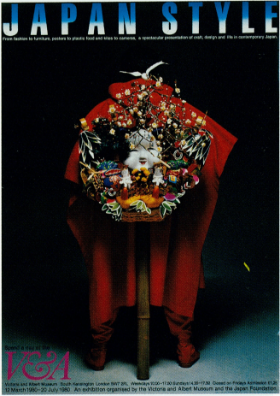
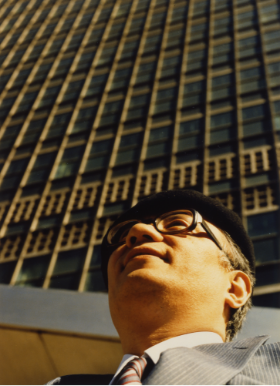
Outbreak of Iran-Iraq War
Japan’s automobile production became the largest in the world
Japan’s Official Development Assistance (ODA) became the largest of its kind in the world
Malaysian Prime Minister Mahathir advocated the Look East Policy
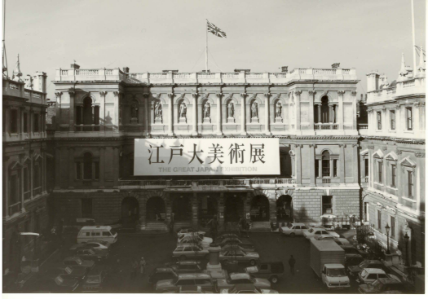
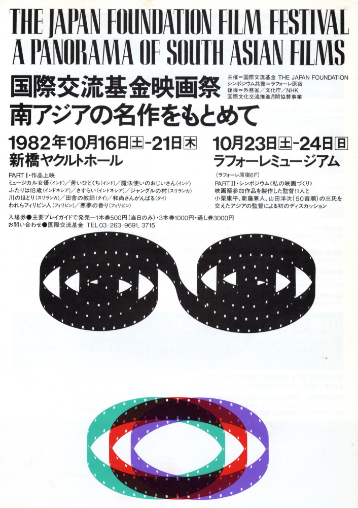
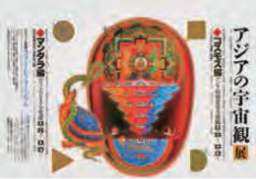
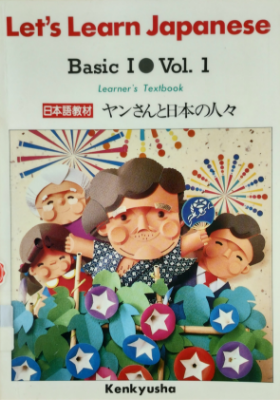
Prime Minister Nakasone announced his plan to accept 100,000 foreign students during his visit to ASEAN countries.

The International Exhibition, Tsukuba, Japan, 1985 was held
The first Tokyo International Film Festival was held

The Plaza Accord
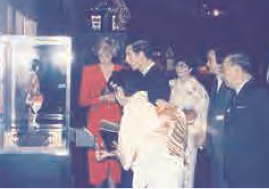
The Equal Employment Opportunity Law came into effect
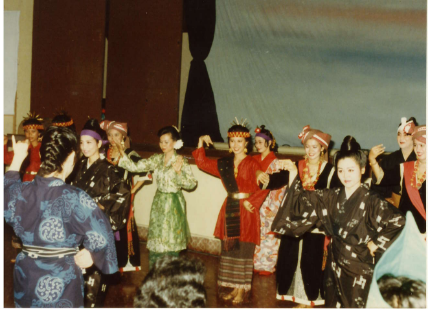
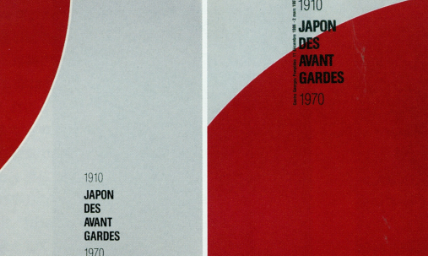
The Japan Exchange and Teaching (JET) Programme started
Prime Minister Takeshita mentioned international cultural exchange as one of the three pillars of his "International Cooperation Initiative" in his speech in London
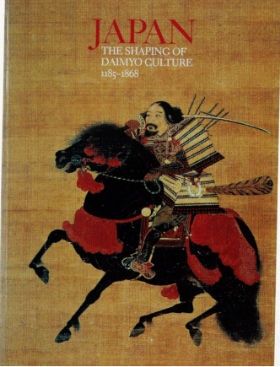
Emperor Showa passed away, and the era name changed to "Heisei"

Fall of the Berlin Wall
In 1990, the ASEAN Culture Center was established to introduce Asian cultures to Japan; in 1995, the Center was reorganized as the Asia Center to promote two-way exchanges with Asian countries. Then, in response to the end of the Cold War and the intensification of Japan-U.S. trade friction, the Japan Foundation Center for Global Partnership was established in 1991 with the view of strengthening the Japan-U.S. alliance. Since then, in addition to existing programs with the U.S., many experts have been nurtured who serve as bridges between the two countries through intellectual and grassroots exchanges, and there has been constant support for joint Japan-U.S. efforts to address the challenges facing the world. In 1997, the Japan Cultural Institute in Paris (Maison de la culture du Japon à Paris) opened as one of the largest overseas centers through French-Japanese, public-private cooperation. That same year, the Japanese-Language Institute, Kansai was also established as a training facility for diplomats, public officials, researchers and various other Japanese language learners from each country.
View timeline
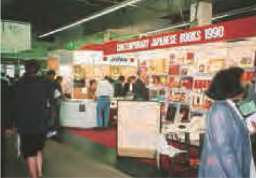
The number of registered foreigners living in Japan exceeded one million, and the annual number of Japanese people traveling overseas exceeded 10 million
Unification of East and West Germany
Collapse of the bubble economy in Japan
Gulf War
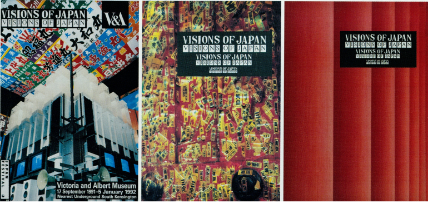
Dissolution of the Soviet Union
The Earth Summit was held
The International Peace Cooperation Law (PKO Law) was enacted
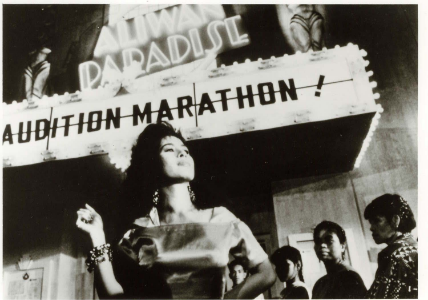
The Tokyo International Book Fair was held on an international scale for the first time
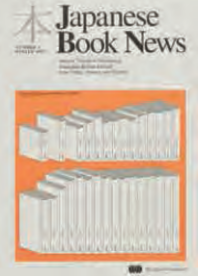
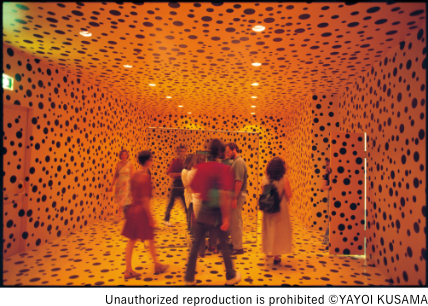
Inauguration of the European Union (EU)
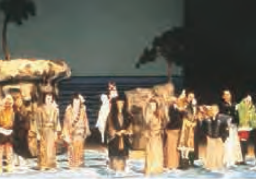
Kansai International Airport opened
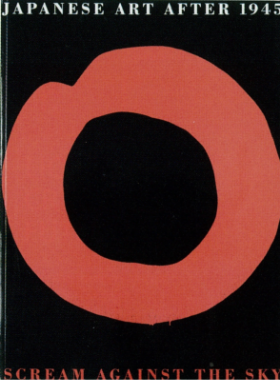
Municipal sister city relationships surpassed 1,000
The Great Hanshin-Awaji Earthquake occured
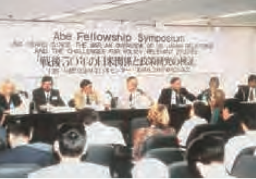
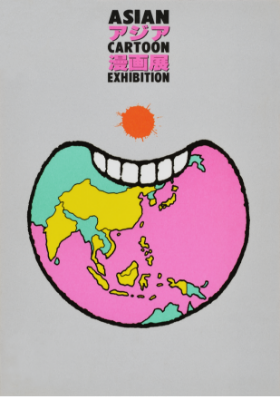
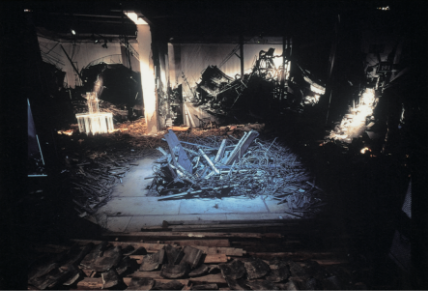
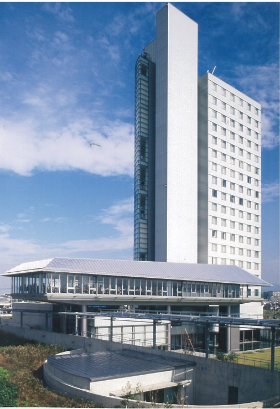
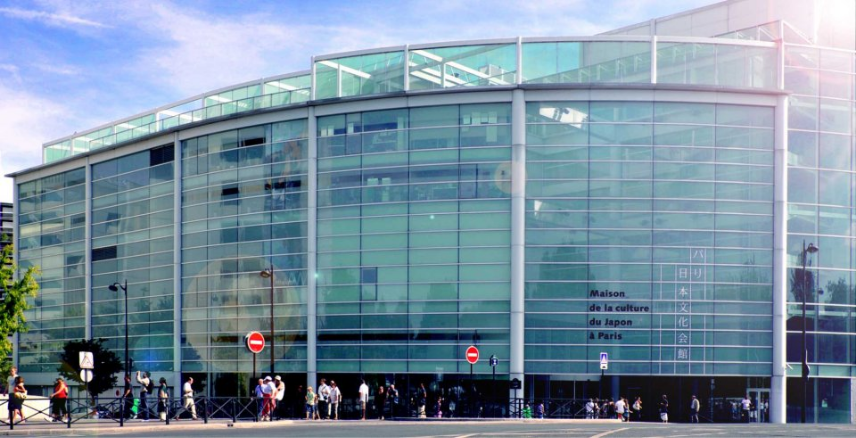
Third session of the Conference of the Parties (COP3) was held in Kyoto
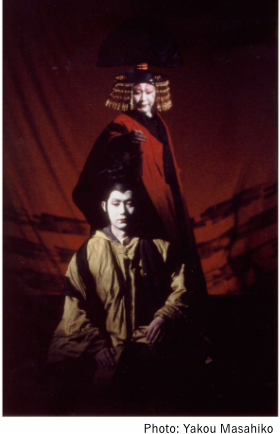
The Nagano Winter Olympic Games were held
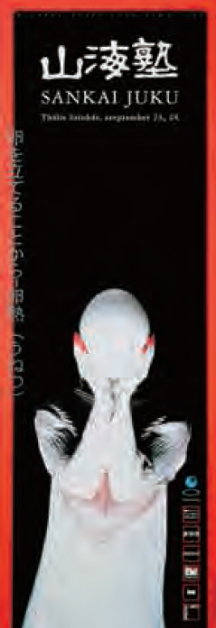
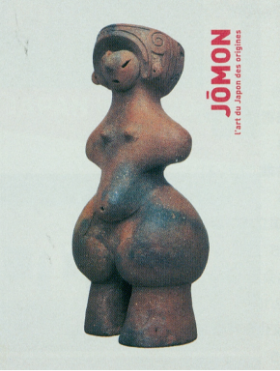
South Korea started opening the door to Japanese popular culture in phases
As globalization advanced and the presence of Japanese culture in the world grew, there were calls for a full-fledged international art exhibition to be held in Japan. Based on many years of experience participating in the Venice Biennale, JF contributed to the successful launch of the first Yokohama Triennale in 2001, attracting 350,000 visitors from Japan and abroad. That same year, with the terrorist attack in the U.S. and the start of the Iraq War in 2003, the strengthening of exchanges with the Middle East region, and in the wake of Hurricane Katrina, which struck the southeastern U.S. in 2005, the new agenda of “peacebuilding, disaster recovery and culture” began to be addressed. In October 2003, JF transitioned from a special legal entity to an independent administrative agency. Then, in 2006, the Japan Foundation China Center was established to promote youth exchange between China and Japan. With the Economic Partnership Agreements with Indonesia and the Philippines coming into effect in 2008, Japanese language training programs for prospective nurses and care workers also began.
View timeline

Kyushu-Okinawa Summit was held
"Respect for cultural diversity" on the agenda
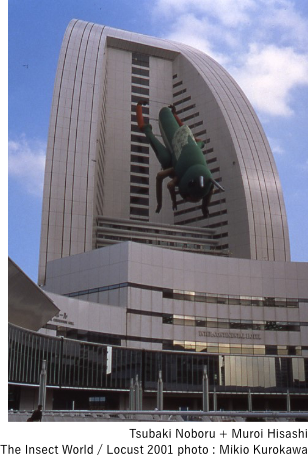
The September 11 attacks in the U.S.
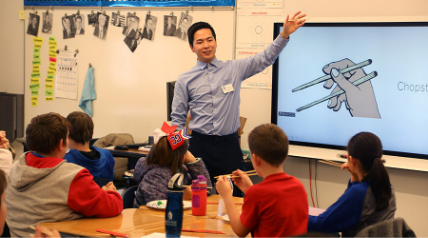
The FIFA World Cup was co-hosted by Japan and South Korea
Iraq War
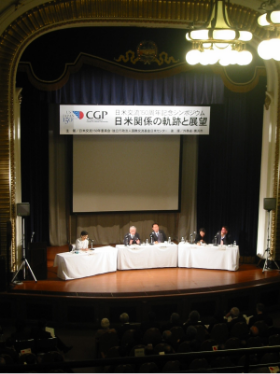
Spread of SARS (severe acute respiratory syndrome)
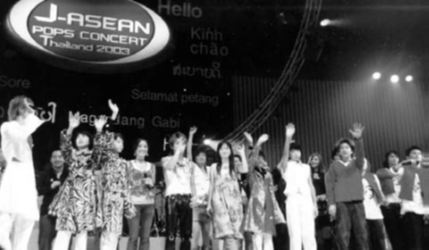
Japan sent Self-Defense Forces to Iraq
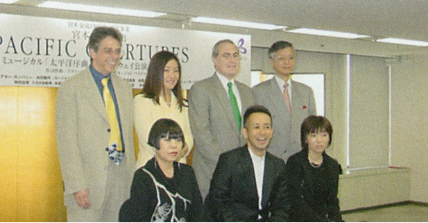
The Sumatra earthquake occurred
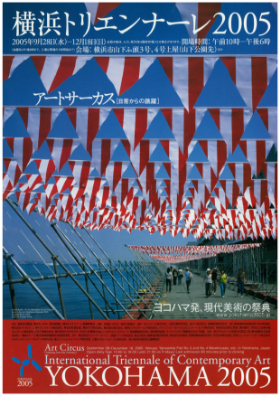
The 2005 World Exposition, Aichi, Japan was held

The Kyoto Protocol entered into force
The number of Japanese people living abroad exceeded one million
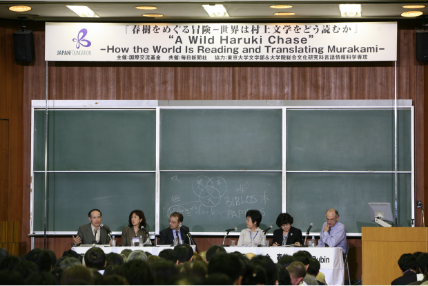
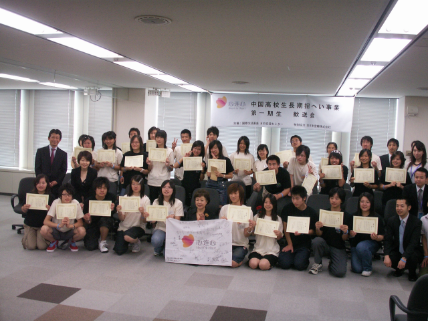
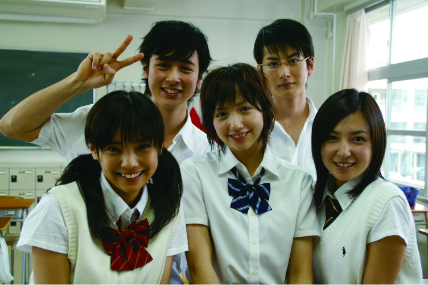
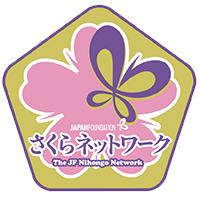

The number of registered foreigners living in Japan exceeded two million
The 2008 Sichuan earthquake occurred
The G8 Hokkaido Toyako Summit was held
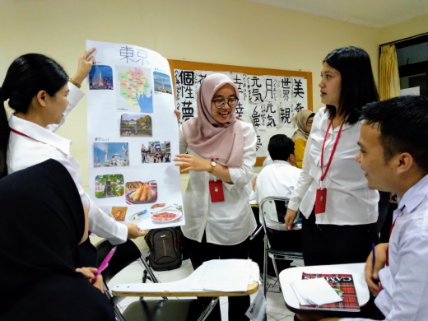
The global financial crisis occurred
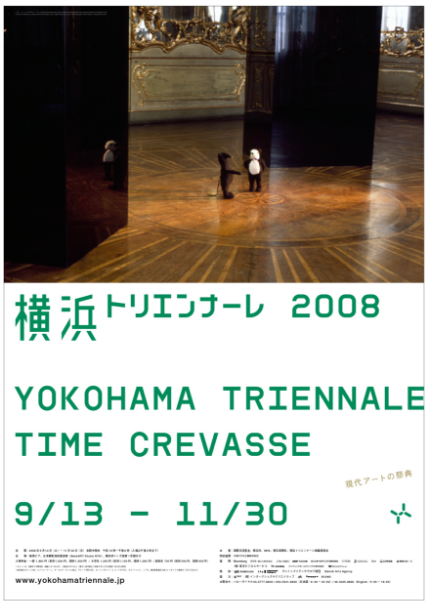
The Economic Partnership Agreement (EPA) with Indonesia and the Philippines came into effect, allowing the acceptance of nurses and care worker candidates
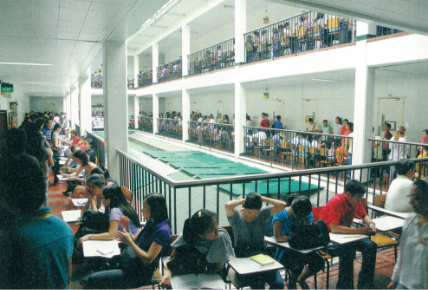
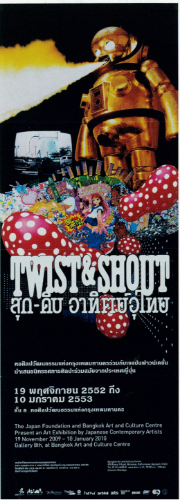
In the wake of the Great East Japan Earthquake, efforts to support reconstruction through cultural exchange were strengthened. In 2014, in order to build momentum for the Tokyo 2020 Olympic and Paralympic Games, the “WA Project-Toward Interactive Asia through Fusion and Harmony” commenced. A new Asia Center was established to expand and deepen two-way exchanges with Southeast Asia and other regions. Japonismes 2018, the largest-ever overseas celebration of Japanese culture, was held in Paris and other French and Japanese cities in 2018, with JF acting as the secretariat and commemorating the 160th anniversary of diplomatic relations between France and Japan. This festival brought the broad appeal of Japanese culture to more than 3.53 million visitors during the 8-month period. That same year, the number of Japanese language learners worldwide reached 3.85 million. In 2010, JF released the “JF Standard for Japanese-Language Education” to accelerate the spread of Japanese language education to enhance the communication skills of learners, and in 2019, JF also launched the Japan Foundation Test for Basic Japanese (JFT-Basic) for those who wish to come to Japan under the Specified Skilled Worker program.
View timeline
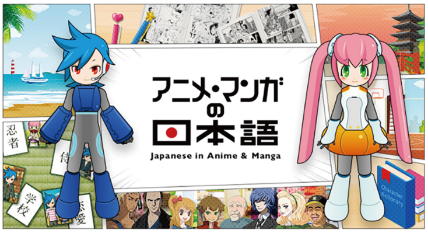

Arab Spring, pro-democracy movement
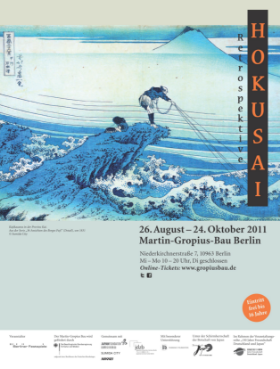
The Great East Japan Earthquake occurred
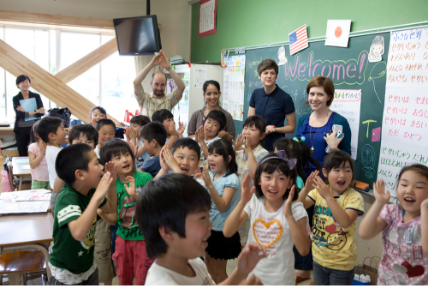
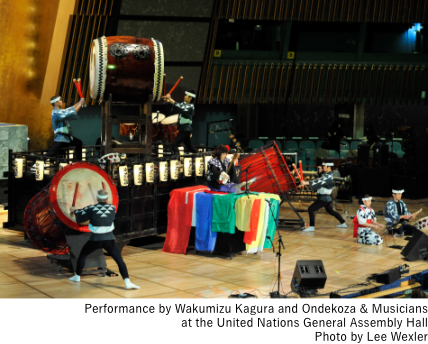
Thirty-six Indonesian and Filipino caregiver candidates under the EPA passed the national exam for the first time
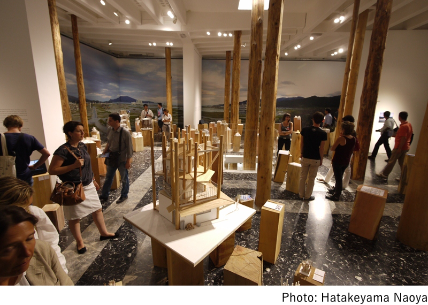
Prime Minister Abe announced the Five New Principles of Japan’s ASEAN Diplomacy during his visit to Southeast Asian countries
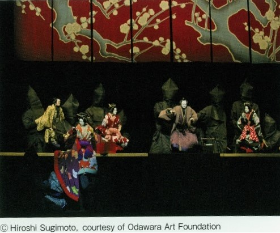
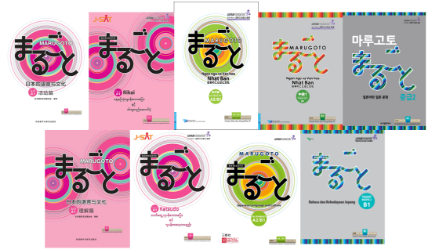
Tokyo was chosen to host the 2020 Summer Olympic and Paralympic Games
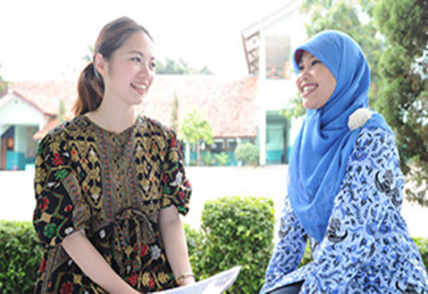
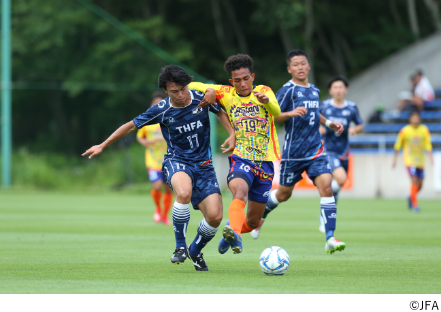
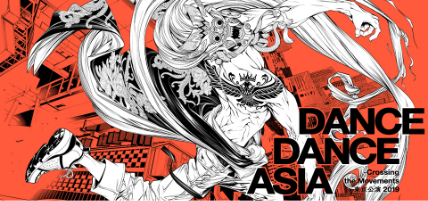
The Paris Agreement was adopted at the United Nations Climate Change Conference (COP 21)
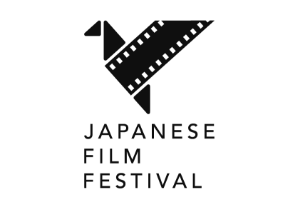
Kumamoto earthquakes ocurred
The Ise-Shima Summit was held
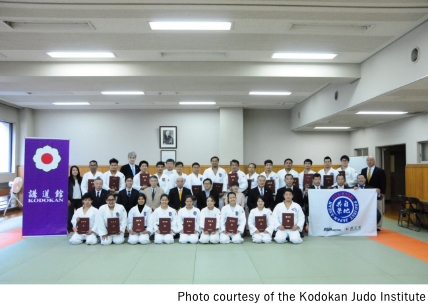
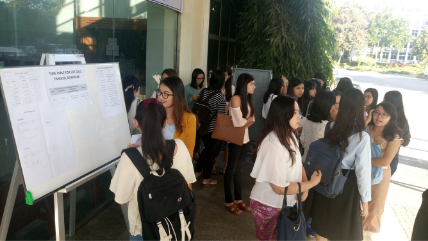
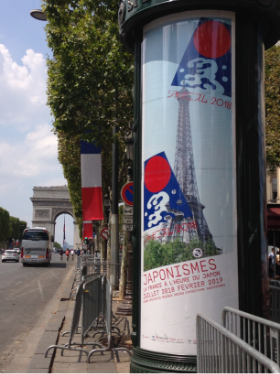
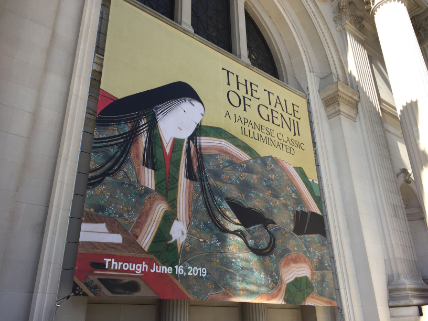
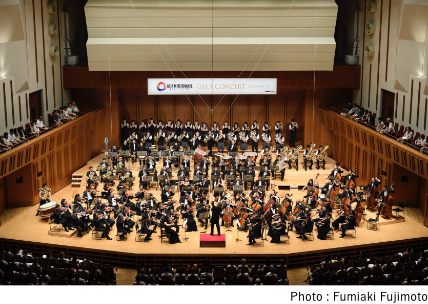
The new Emperor acceded to the throne and the era name was changed to "Reiwa"
A new residence status, "Specified Skilled Worker," was established
The G20 Osaka Summit was held
The spread of COVID-19 around the world from February 2020 had a serious impact on cultural exchanges. JF has activated online projects and other initiatives, so as not to close its carefully built channels of exchange between people in Japan and around the world. At the same time, in April 2022, a reorganization was undertaken to develop the foundation’s activities more effectively and efficiently. JF’s network of overseas offices, which started with five cities around the world when it was established 50 years ago, has since expanded to 25 cities in 24 countries thanks to the support of many people.
View timeline
COVID-19 has spread worldwide
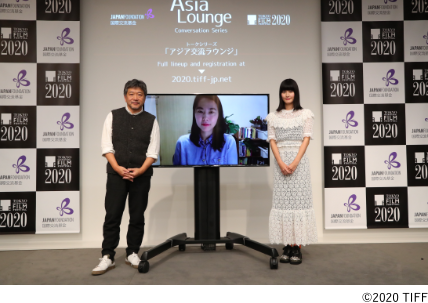
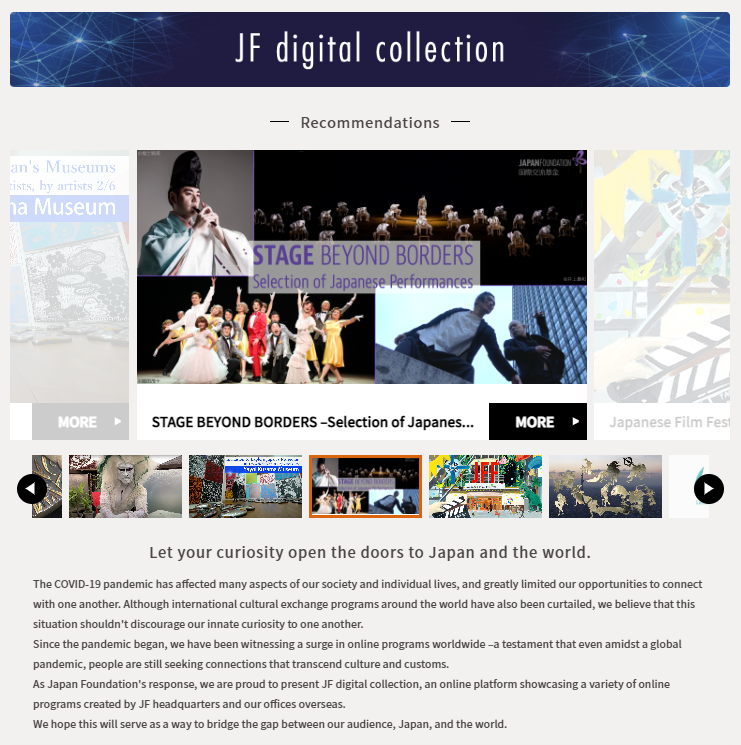

Ten years since the Great East Japan Earthquake
The Tokyo 2020 Olympic and Paralympic Games were held
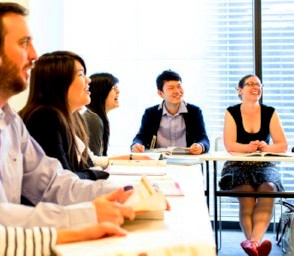
Russia invades Ukraine

Fifty years since Okinawa returned to Japan
